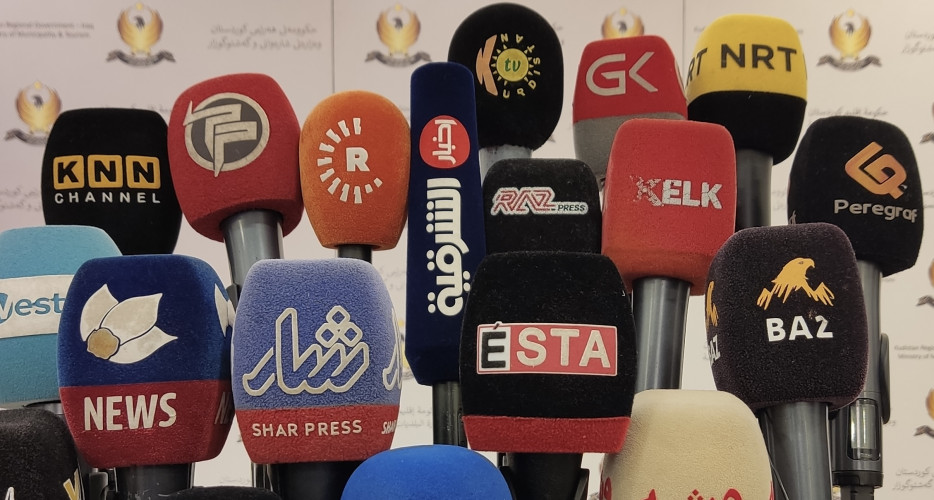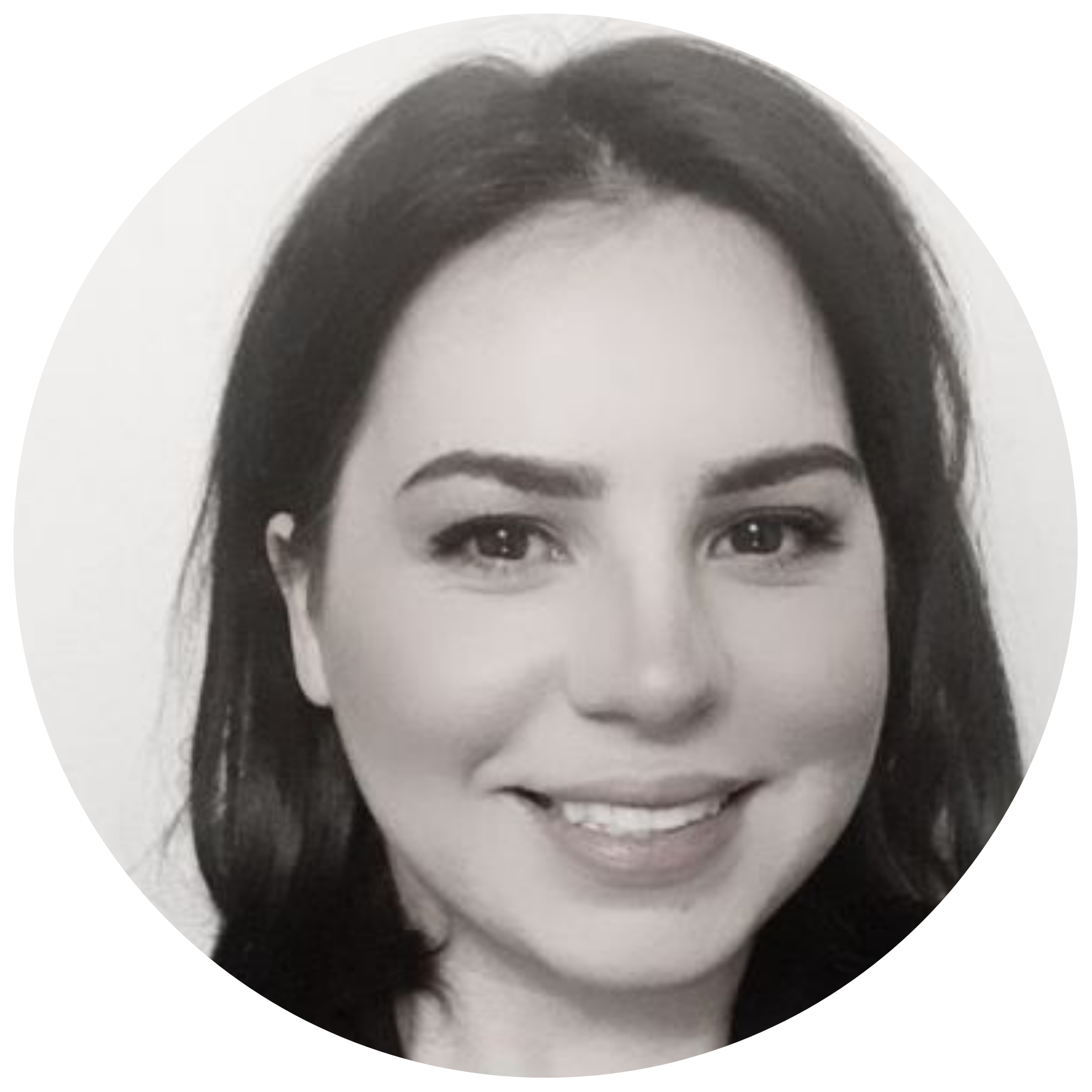

Ruwayda Mustafah
Press freedom is being undermined across the world, even in democracies. In India, we are seeing authorities target and persecute critics. Just last month in Sudan, hundreds of protesters were detained, among them journalists. In Nigeria, a student was murdered last week for expressing her opinion. In Morocco, a social media political commentator known as Rabie al-Ablaq was charged with four years in prison for criticizing the King of the country. In Palestine, renowned Al Jazeera correspondent, Shiren Abu Akleh was killed while covering police raids in Jenin.
Similarly in the Kurdistan Region, we are seeing increased intimidation and harassment of journalists. The steady decline in press freedom includes fear of lawsuits — dampening any prospect for journalists to carry out investigative work during these critical periods. The only media platforms that are profitable are those with significant political party funding, the smaller and barely surviving platforms are unable to carry out investigative and in-depth journalism.
Free press holds those in power accountable
One of the fundamental tasks of a free press is holding those in power accountable and more than this, uncovering the hidden truths for the public. Without a free press, the public is only able to see what media platforms owned by the ruling political elite publish. It leaves little space to decipher the truth from the chaotic media ecosystem.
Presently, Kurdistan Region’s main media outlets are directly owned by the ruling political parties. The smaller and micro platforms have a very small readership because they are unable to compete with adequately funded media platforms, and as a result, have very few resources available.
Journalists have a duty to hold those in power to account — they are able to bridge the gap between those in power and their respective constituents. This can not happen when journalists are not able to write freely without fear of intimidation, harassment, or risking their livelihoods. The lack of a free press sets back progress and enables authoritarianism to thrive.
Healthy news ecosystem
A healthy news ecosystem creates well-informed societies, and it is one where people have access to content that allows them to form an opinion based on verifiable information. And while it is true in today’s age, that anyone can become a publisher online, not everyone can have the same level of access and exposure because larger media entities that run on petrodollars are able to overshadow and overtake smaller platforms that have limited means of funding.
The erosion of freedom of press contributes directly to a decline in independent media and creates public apathy in participating in political events, elections, and voting. It also means that people simply don’t have trust or hope in the political system — outside of those who directly or indirectly profit from the status quo.
In order to regain public trust, and more importantly to create a healthy news environment, we have to invest in independent media platforms — the smallest investment; becoming a reader, sharing their content, and where possible, making financial contributions. If we allow the current state of media climate to continue in the Kurdistan Region, we will end up with a more polarised and dysfunctional news ecosystem in the decade to come.
Diplomatic missions in KRI can help
The diplomatic community in the Kurdistan Region, particularly those from western countries remain committed to calling for greater protection for journalists. This is something we should unequivocally applaud, but they are able to go a step further, and this is through funding micro media platforms. In addition to this, training local journalists, and building partnerships with Google, Meta, and other organizations can help them increase their online engagement and amplification.
Without a greater support network for independent platforms, we are going to see fewer voices that demand better governance and this will diminish the prospect of journalists holding those in power to account. It will also transform a region of 5-6 million people from aspiring toward democracy to a fully-fledged authoritarian micro-region.